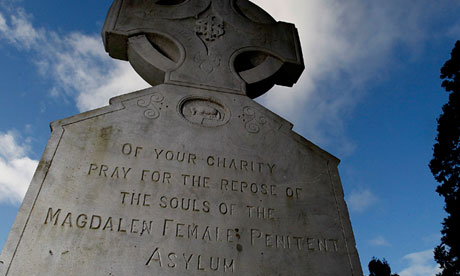The money was only resting in Father Ted's account.
Monsignor Scarano's account, however, was not resting at all. Indeed not, it was a most active account there at the Vatican bank where he held a high position. Senior accountant, a man with influence and the ability to do things that a mere teller could not.
He's gotten himself into trouble, and there he was, only doing his Christian duty in helping others. The others, in this case, were weatlhy friends who needed assistance in bringing in millions of euro into Italy.
They, in turn, lended him a hand. It seems that the monsignor was holding a mortgage on a piece of property in Salerno, and he wanted to get that paid off so he could then sell it. The proceeds were to go towards the purchase of another property, which he needed so that he could open a home for the terminally ill.
For some reason, he didn't want anyone to know he was paying off that mortgage, so he took money out of his account at the Vatican Bank, just a few thousand euro at a time, and gave the money to his wealthy friends who then wrote him checks that were made to look like donations to a charity. That way, it wouldn't look like Father Scarano was the one funding the home, but his wealthy friends.
Who needed his help in moving money out of Switzerland.
In related news, the Pope has called for a top-to-bottom scrubbing of the Vatican Bank, which has long been suspected of less than legal transactions because the only authority watching over the bank would appear to be God Himself.
Not so unrelated after all?




















.jpg/220px-Steve_Jobs_with_the_Apple_iPad_no_logo_(cropped).jpg)

